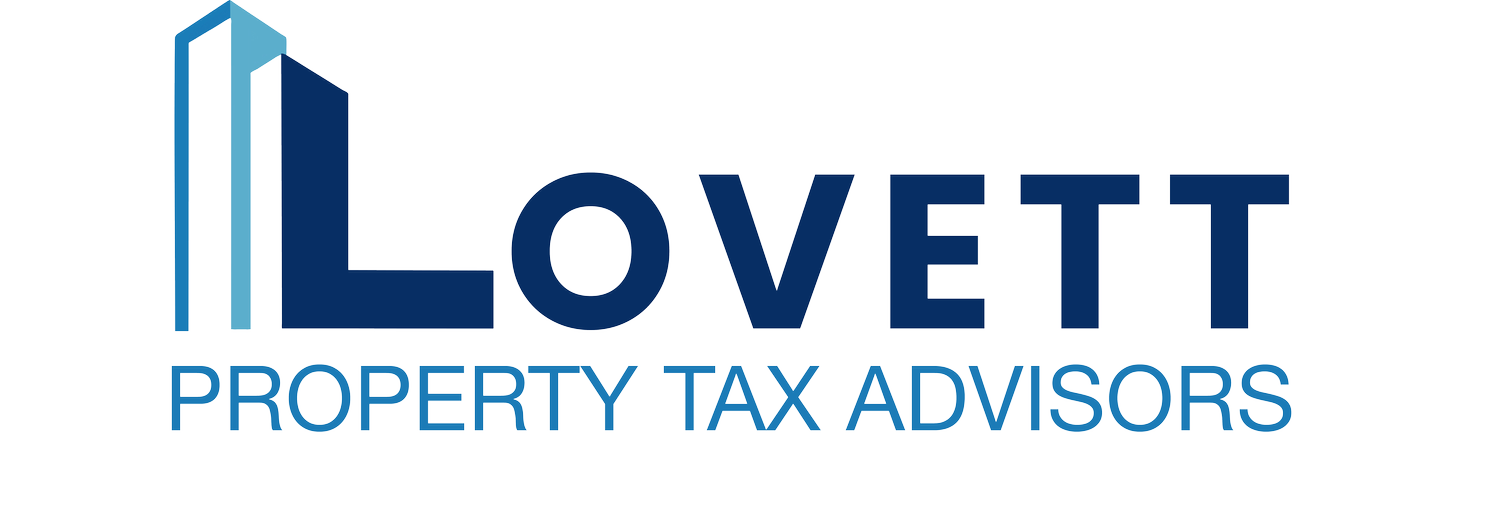Navigating the Tennessee Appeal Process for Property Tax Disputes
Resolving disputes over property valuation or classification is a common concern for taxpayers. To ensure a fair resolution, it's crucial to understand the appeal process and the steps involved. In this article, we will outline the various stages of appeal and the corresponding actions taxpayers can take to protect their rights.
1. Local County Board of Equalization:
Typically, taxpayers are required to initiate the appeal process by appealing a disputed valuation or classification to the local county board of equalization. In some cases, county assessors may offer an informal review process for contested assessments, which can expedite the review and correction of property valuations. However, it's important to note that informal review is not considered an official appeal. To preserve their further rights of appeal, taxpayers must submit an appeal to the county board of equalization.
The county board of equalization consists of a panel of five to seven individuals authorized to address taxpayer complaints and make necessary adjustments to disputed assessments. Once the board reaches a decision, they will notify the taxpayer, who can then choose to accept or appeal the decision.
2. Administrative Law Judge Hearing:
If a taxpayer disagrees with the county board of equalization's decision, they have the option to appeal to the State Board of Equalization for a hearing. An administrative law judge will preside over the hearing and make a determination based on the evidence presented. It's important to note that there is no fixed timeframe for scheduling a hearing before an administrative law judge. However, both the taxpayer and the county assessor will receive a notice approximately thirty days before the scheduled hearing.
Within ninety days of the hearing, the administrative judge will issue an Initial Decision and Order regarding the taxpayer's appeal. Following this decision, the taxpayer has thirty days to appeal to the Assessment Appeals Commission. Failure to do so within the specified timeframe will result in the appeal becoming the final decision of the State Board of Equalization.
3. Assessment Appeals Commission:
If a taxpayer disagrees with the Initial Decision and Order of the administrative law judge, they can file an appeal with the Assessment Appeals Commission. This commission comprises three or more experienced property tax professionals who possess the authority to affirm the administrative law judge's decision or order further proceedings. The Assessment Appeals Commission can reverse or modify the decision if it determines that the petitioner's rights have been violated, the procedure was unlawful, there was an abuse of discretion, or the decision lacks substantial and material evidence.
Within ninety days of the hearing, the Assessment Appeals Commission will issue a Final Decision and Order. If the State Board of Equalization does not choose to review the decision, it becomes final after forty-five days from its entry.
4. State Board of Equalization:
To request a review of the Assessment Appeals Commission's decision, the party seeking review must submit a written petition to the Executive Secretary of the State Board of Equalization within fifteen days of the Final Decision and Order. It's important to note that the review by the State Board of Equalization is discretionary and not guaranteed. Petitioners will be notified if their request for review is granted.
5. Chancery Court:
If a taxpayer wishes to seek judicial review of a final action taken by the State Board of Equalization, they must file a petition within sixty days from when the board's order becomes final. This petition should be filed either in the county where the disputed assessment was made or in an appropriate chancery court.
Understanding the various stages of the appeal process and the corresponding actions to take can significantly benefit taxpayers involved in property tax disputes. By following the necessary procedures, taxpayers can safeguard their rights and work toward a fair resolution.


